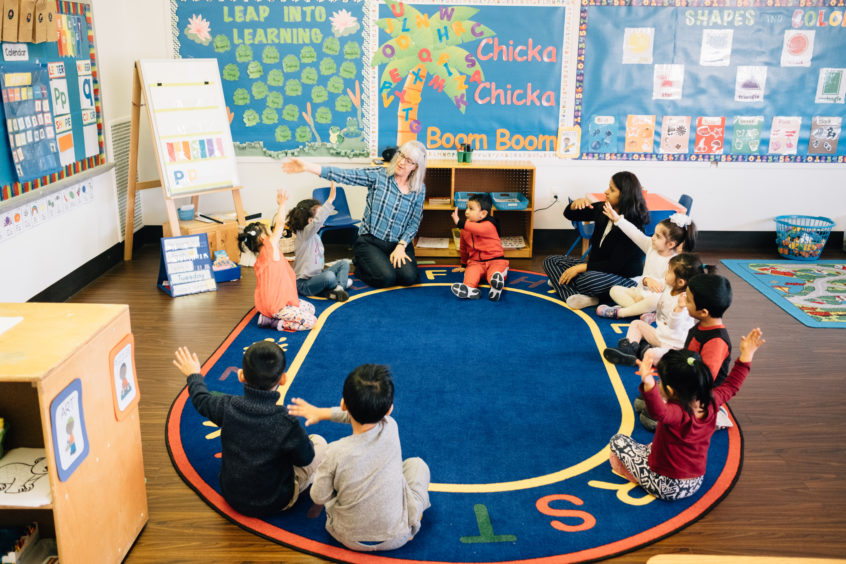Partners of the Start Strong PA and Pre-K for PA advocacy campaigns recently released new survey results detailing the wage-driven staffing crisis in the early care and education sector, which continues to contract the capacity of child care programs.
About the Survey
The new survey, conducted between January 31 and February 12 details the current child care staffing crisis in more than 1,100 Pennsylvania child care programs across 54 counties and its effects on working families’ ability to access care.
Summary of Survey Results
Staffing Crisis
- Programs need to fill nearly 4,000 open staffing positions.
- 85% of child care respondents reported staffing shortages.
- 50% of child care respondents have closed at least one classroom.
Impact on Working Families
- Nearly 35,500 children currently sit on child care waiting lists.
- More than 30,000 additional children could be served at respondents’ sites if they were fully staffed.
- Over 2,200 children currently sit on Pre-K Counts waiting lists.
- Over 650 children currently sit on Head Start Supplemental Assistance Program waiting lists.
Implications
The February 2023 survey results depict a deepening crisis in the early care and education sector. In May 2022, Start Strong PA released a similar survey showing that Pennsylvania’s child care centers were experiencing a staffing shortage resulting in nearly 32,500 children sitting on waiting lists. These new survey results show that over the past 10 months, waiting list numbers have continued to increase across Pennsylvania.
Start Strong PA and Pre-K for PA Campaign Recommendations
Child care workers, on average, make less than $12.50 an hour, and 50% of them qualify for government benefits. Because of this, child care providers cannot compete against other industries, which offer higher wages and require less specialized skills, for staff.
Child care advocates are calling on Governor Shapiro and the Pennsylvania General Assembly to increase investment in early care and education programs, using recurring funds as part of the 2023-2024 state budget.
Learn More
The following fact sheets are available with statewide and county results:
Statewide results
Allegheny
Armstrong
Beaver
Butler
Fayette
Greene
Indiana
Lawrence
Washington
Westmoreland
Trying Together is a principal partner of the Start Strong PA and Pre-K for PA campaigns.
To learn more, visit the Trying Together, Start Strong PA, or Pre-K for PA websites.








